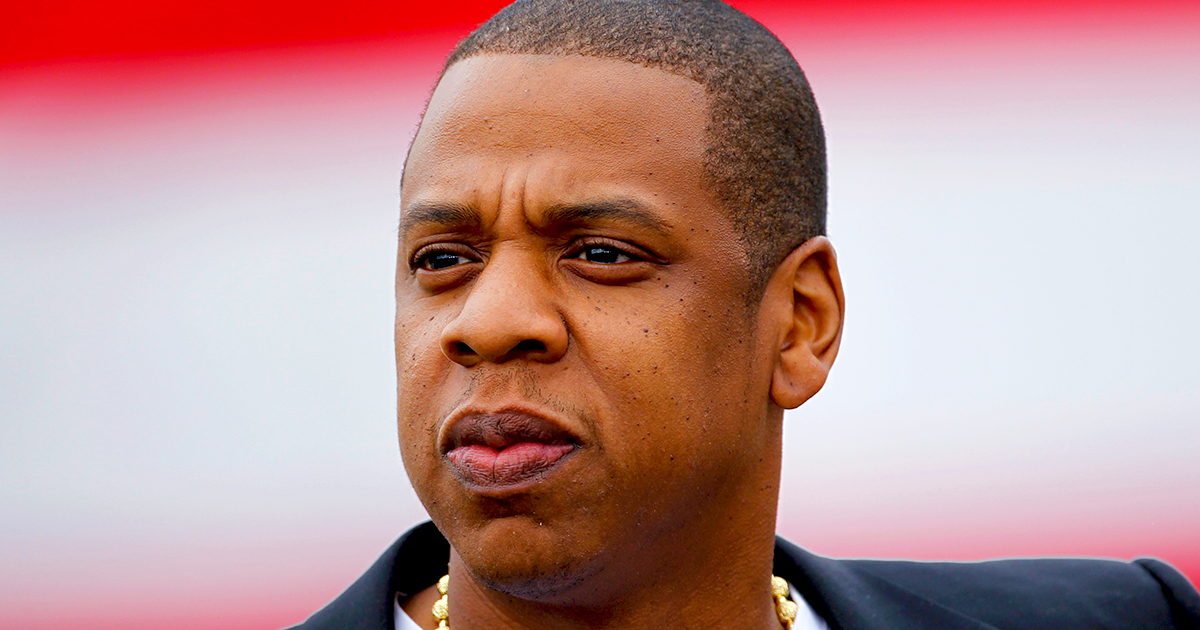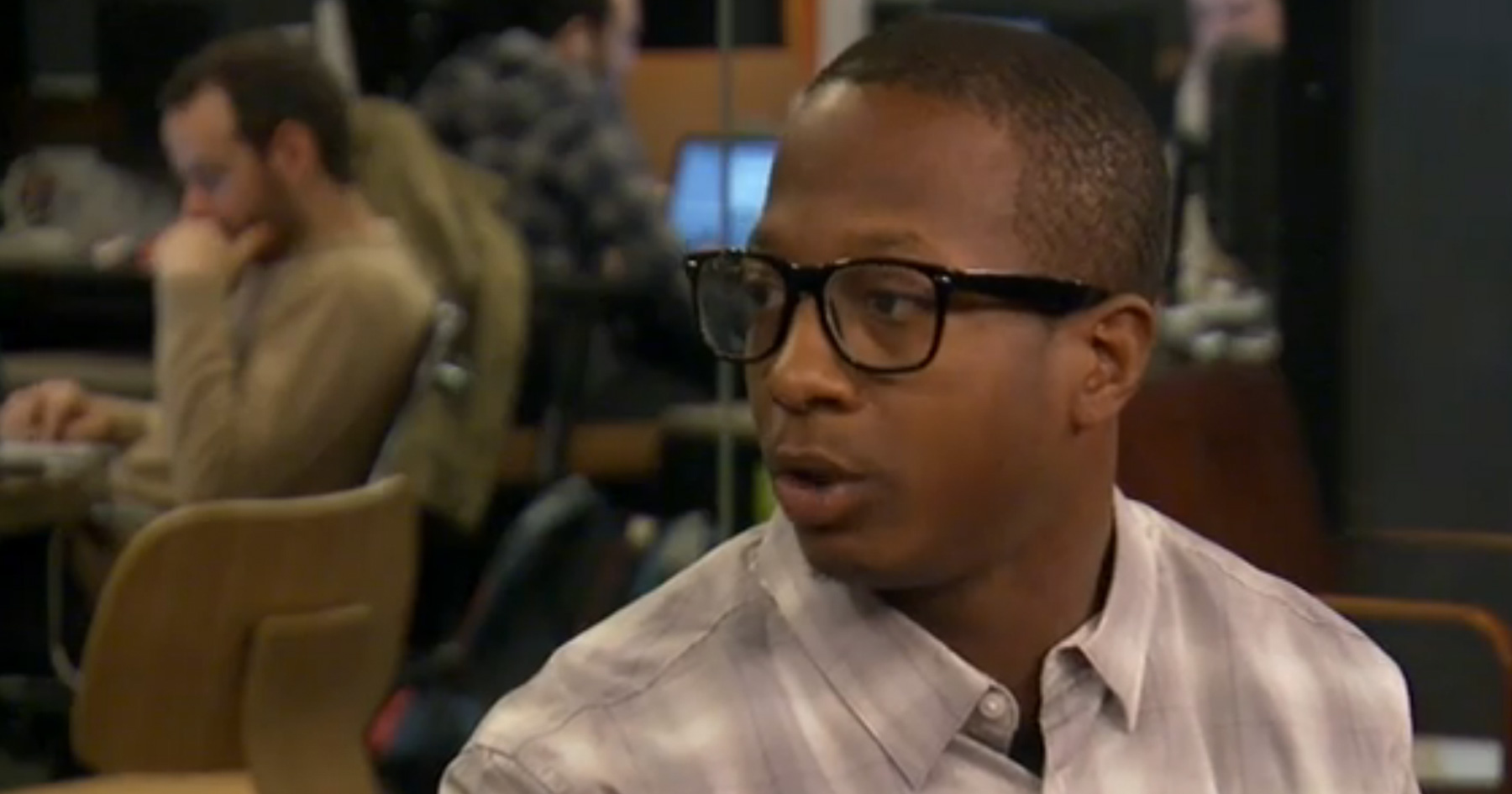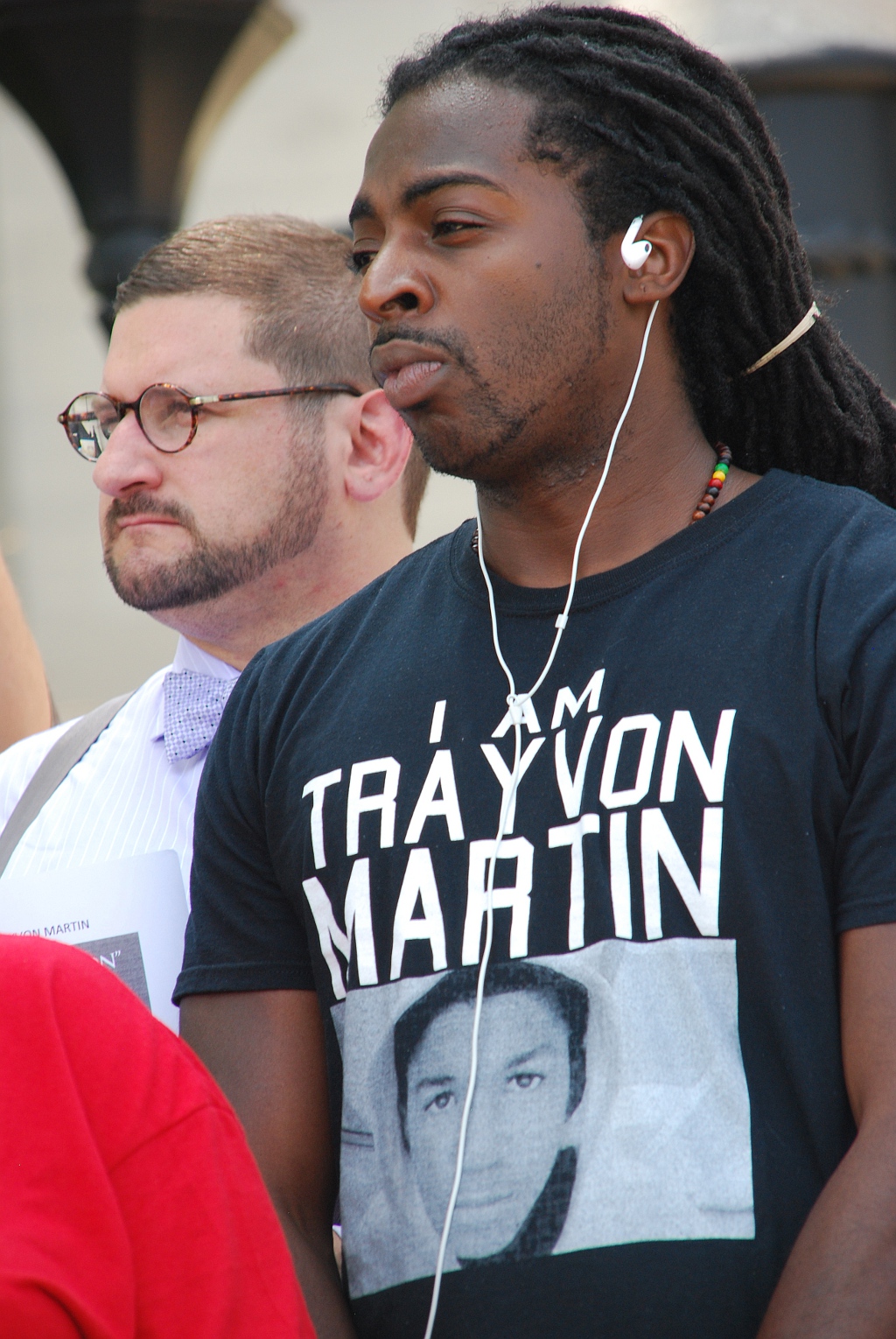Jay Z Breaks Down the Racist Double Standard that Killed Kalief Browder, Trayvon Martin

By:
Jay Z made a call for criminal justice reform and explained how racism in American society can be deadly.
 AP/Matt Rourke - apimages.com
AP/Matt Rourke - apimages.com
Shawn "Jay Z" Carter, produced a documentary series called "Time: The Kalief Browder Story," which premiered early this year, that outlined Kalief Browder's brutal treatment by the criminal justice system. Through interviews with family and friends and footage, the documentary highlighted his period of solitary confinement while at Rikers Island, and his suicide after release. When Browder was 16 years old, he was arrested for allegedly stealing a backpack, and his bail was set at $10,000 - an amount his family couldn't raise.
Held in New York City's Rikers Island Prison Complex, Browder's mental health began to deteriorate largely because of the 400 days he spent in solitary confinement during the three years he was held at the notorious prison.
Browder's brother Akeem is running for mayor of New York City, specifically to push for Riker's Island to close.
In an opinion piece published Thursday in the Hollywood Reporter, the rapper wrote that American society needs more creative and informative projects to help create conversations about social justice issues and expose the racist double standards that kill black men.
Beyoncé's husband wrote that Browder's death likely wouldn't have happened if he were white and middle class.
 HuffPostLive - huffingtonpost.com
HuffPostLive - huffingtonpost.com
"He wasn't an angel, but he was a good kid on the right path who held up under the social pressures common in the Bronx," Carter wrote. "This young man at 16 was arrested — for something any suburban kid could have gotten away with — and held at Rikers Island for three years, mostly in inhumane solitary confinement."
Research shows that black men are more likely to be searched, more likely to be arrested, more likely to be wrongfully convicted, and receive harsher sentences after a conviction.
 Wikimedia Commons/Thomas Altfather Good - wikimedia.org
Wikimedia Commons/Thomas Altfather Good - wikimedia.org
Carter went on to write that he hopes his next project, a proposed documentary series on the life of Trayvon Martin, can "amplify" his story, as well.
In 2012, the 17-year-old unarmed black boy who was infamously shot and killed by a neighborhood watchman in Florida. The watchman, George Zimmerman, made recorded statements on a 911 call that Martin looked suspicious, even though he was simply walking down the street. Ultimately, Zimmerman wasn't convicted in the death of Martin.
This sort of racial bias in the justice system and in policing isn't unfounded. Research shows that some Americans see black men as physically larger and more threatening than white men of the same size.
Carter wrote that telling these stories can help create change and expose how racism works in a way that often times claims the lives of innocent young black men. He underlined that social justice issues are truly about human stories.
"But social justice isn't a political issue. It's a human issue. It's a story of empathy," he wrote. "When we are able to identify that we are all not perfect and have compassion for someone else, we can move forward as a society."
